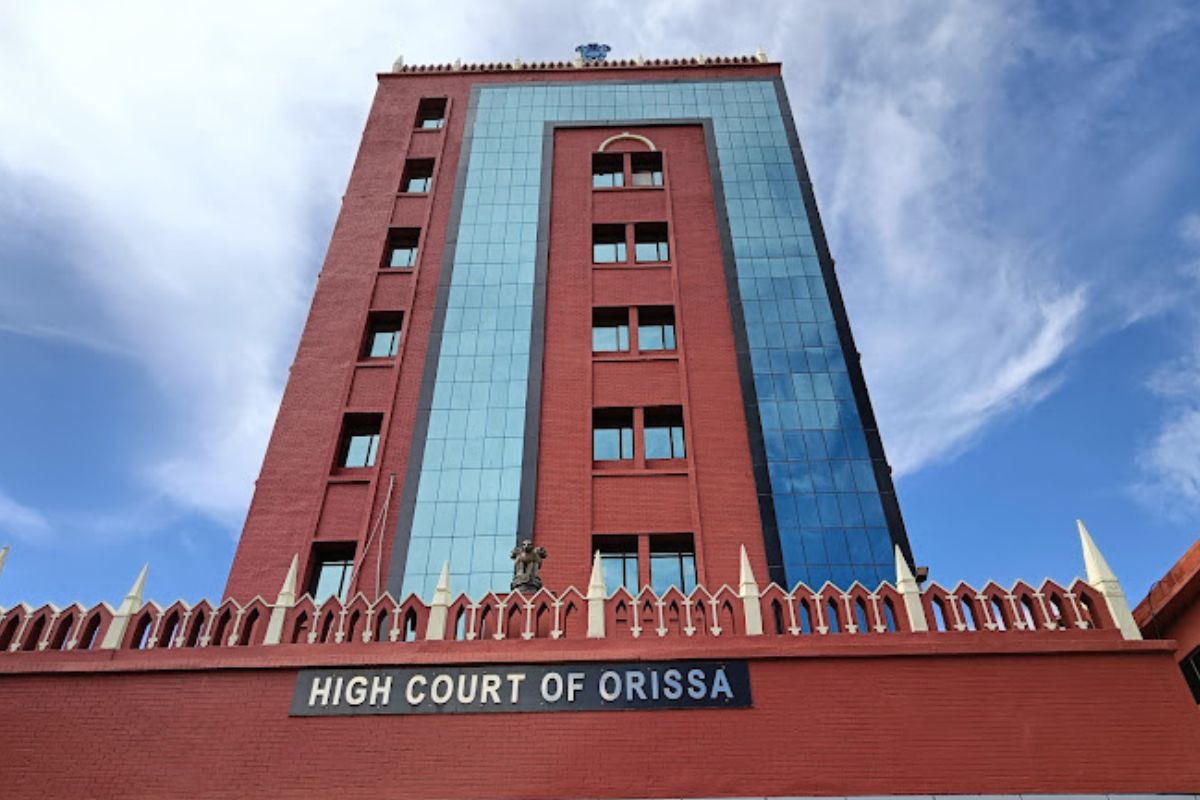The tragic triple-train crash at Bahanaga Bazar railway station in Balasore district on June 2, 2023, which claimed the lives of at least 296 people and injured over 1,000, was the result of “composite negligence” by railway authorities responsible for the signal system’s upkeep and maintenance, the Orissa High Court has observed.
In granting bail to three railway staff members previously charged by the CBI with culpable homicide not amounting to murder and destruction of evidence, Justice Aditya Kumar Mohapatra noted, “The Court is of the view that the entire tragedy is a result of composite negligence by the railway personnel, officials, and executives who were responsible for the upkeep, maintenance, and proper functioning of the signal system at Bahanaga Bazar railway station.”
Advertisement
Considering that the petitioners, all regular railway employees, have been in custody since July 7, 2023, and that further custodial interrogation is unnecessary since the trial has commenced, the Court granted bail under stringent conditions.
“They shall not leave the country under any circumstances and must deposit their travel documents, including passports, if any, before the trial court at the time of their release,” Justice Mohapatra ordered. Those released include a senior sectional engineer (signal), a sectional engineer, and a technician.
The Court emphasized that, given the magnitude of the incident, it is essential to determine whether the accident resulted from criminal intent or was due to negligence in maintaining the railway tracks and signal system. The larger issue to be addressed during the trial will include not only potential criminal culpability but also whether railway authorities fulfilled their duties as prescribed by railway guidelines and manuals.
Justice Mohapatra further observed that had the authorities discharged their duties with greater diligence, this accident—and the resultant loss of lives—might have been averted. This underscores the importance of a thorough investigation into whether the incident stemmed from criminal actions or negligence on the part of railway personnel.
Justice Mohapatra also noted the increasing frequency of railway accidents due to defective signal systems or inadequate maintenance. Both the railway authorities and the investigating agency, the Central Bureau of Investigation, must conduct an exhaustive investigation to uncover not only any criminal aspects of the incident but also potential negligence by railway technicians, engineers, and executives involved in track and signal maintenance.











